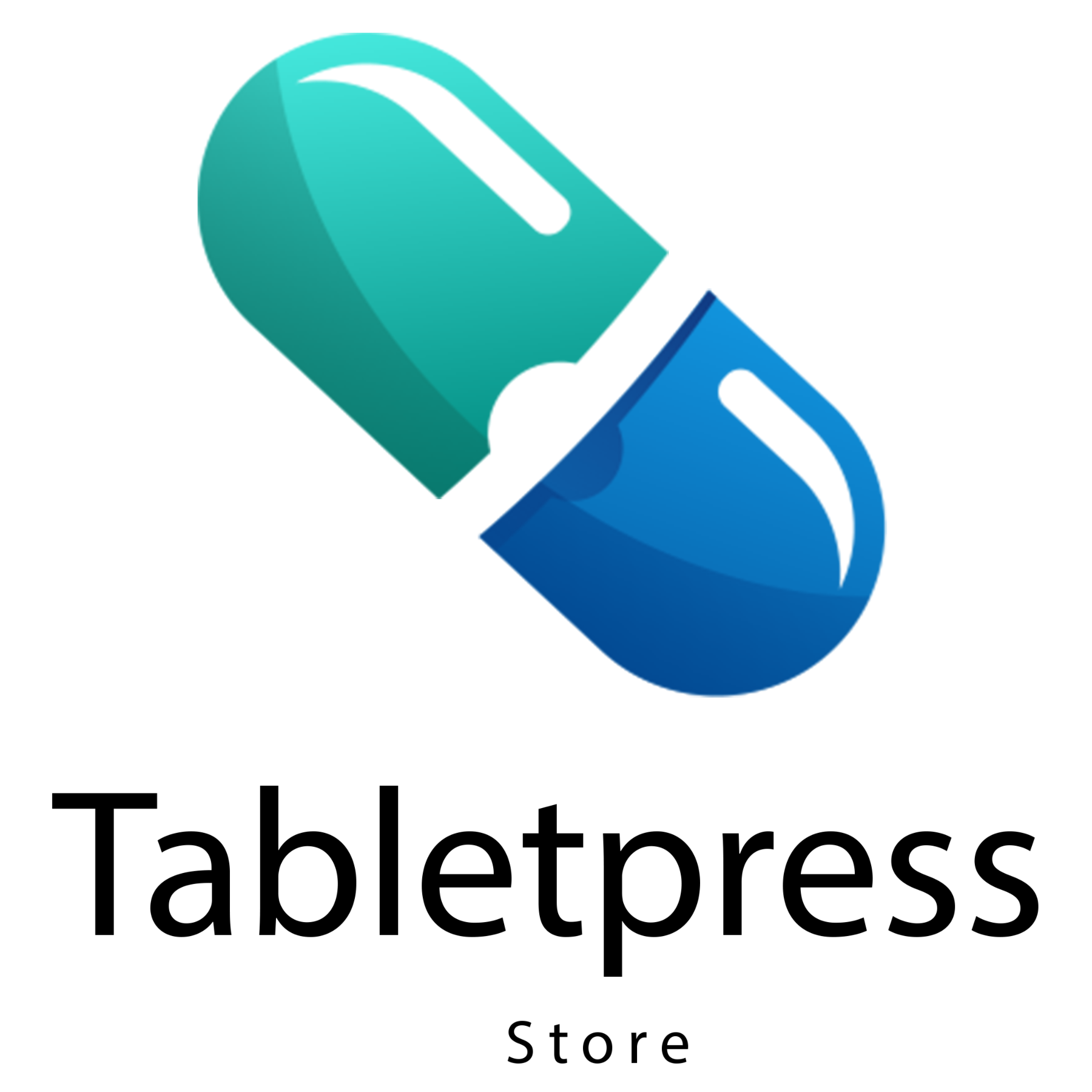Comparison between eccentric and rotary presses: The right choice for tablet production
Die Herstellung von Tabletten ist ein komplexer Prozess, bei dem die Wahl der richtigen Pressmaschine entscheidend ist. Ob in industriellen...
WORLDWIDE SHIPPING - Order now

In the pharmaceutical industry, tablet manufacturing plays a pivotal role in ensuring product quality, patient safety, and regulatory compliance. The design of tablet presses, the machines that form and press tablets, has a significant impact on compliance with pharmaceutical regulations. These regulations ensure that the manufactured medicines are effective, safe, and of consistent quality. The design of a tablet press influences various critical parameters required for the production of high-quality tablets.
First of all, a tablet press must be designed to enable precise dosing and consistent tablet weight control. Pharmaceutical regulations require precise adherence to dosage, as deviations can lead to reduced efficacy or even health risks for the patient. The design of the feeding systems, dosing chambers, and punches has a direct influence on this. A modern tablet press is often equipped with high-precision sensors that continuously monitor the weight, size, and hardness of the tablets and make automatic adjustments if necessary. This contributes significantly to quality assurance and ensures that production remains within permissible tolerances.
Another important design aspect is the prevention of cross-contamination and compliance with hygiene requirements. Pharmaceutical regulations stipulate that production facilities must be designed to allow for easy cleaning and disinfection to eliminate residues of active ingredients or excipients from previous production runs. This is particularly relevant when producing different active ingredients on the same machine. Therefore, the design of the tablet press often incorporates modular and easily dismantled components, as well as the use of materials that are resistant to chemical cleaning agents and wear. Furthermore, sealed and closed system designs are advantageous to minimize contact with environmental particles and microorganisms.
Controlling mechanical stress during the compression process is another factor influenced by the design and relevant for regulatory purposes. Excessive compression force can negatively impact tablet stability or dissolution, while insufficient force results in insufficiently compacted tablets that may be brittle. The design must therefore allow for flexible adjustment of the compression force while ensuring its even distribution. Regulations such as GMP (Good Manufacturing Practice) require comprehensive documentation and monitoring of this process. Integrated digital control systems that also meet traceability requirements help achieve this.
In addition to pure functionality, ergonomics and user-friendliness also influence compliance with pharmaceutical regulations. The design should minimize operator errors and ensure safe operation. This includes intuitive control panels, clearly labeled interfaces, and automatic error detection and emergency shutdown. These features significantly reduce the likelihood of production errors and resulting product defects. Particularly in regulated environments, staff training is another critical factor, supported by a well-thought-out machine design.
In addition, modern tablet presses increasingly incorporate digitalization and automation requirements. The integration of process analytics technologies (PAT) and networking with higher-level quality assurance systems enable real-time monitoring and control of production. Such systems are important for seamlessly documenting compliance with strict pharmaceutical regulations and providing evidence during audits or inspections. The design must therefore provide interfaces for data communication and logging that meet legal requirements.
In summary, the design of tablet presses has a fundamental influence on compliance with pharmaceutical regulations. It significantly determines the precision, cleanliness, safety, and traceability of tablet production. A well-thought-out design helps minimize sources of error and meet strict regulatory requirements, ultimately ensuring the quality and safety of medicines for patients. Continuous development of machine technology combined with modern quality management systems is therefore essential to meet the challenges of pharmaceutical production and sustainably comply with regulatory requirements.
Die Herstellung von Tabletten ist ein komplexer Prozess, bei dem die Wahl der richtigen Pressmaschine entscheidend ist. Ob in industriellen...
Der Kauf einer Tablettenpresse ist eine strategische Entscheidung für Unternehmen aus der Pharma-, Chemie-, Lebensmittel- oder Nahrungsergänzungsmittelindustrie. Die richtige Maschine...
Der Einsatz einer Tablettenpresse erfordert nicht nur technisches Verständnis, sondern auch sorgfältige Vorbereitung und Aufmerksamkeit. Obwohl diese Maschinen für die...
Die Herstellung von Tabletten ist ein komplexer Prozess, bei dem jede Komponente des Tablettenpressens entscheidend für die Qualität des Endprodukts...
